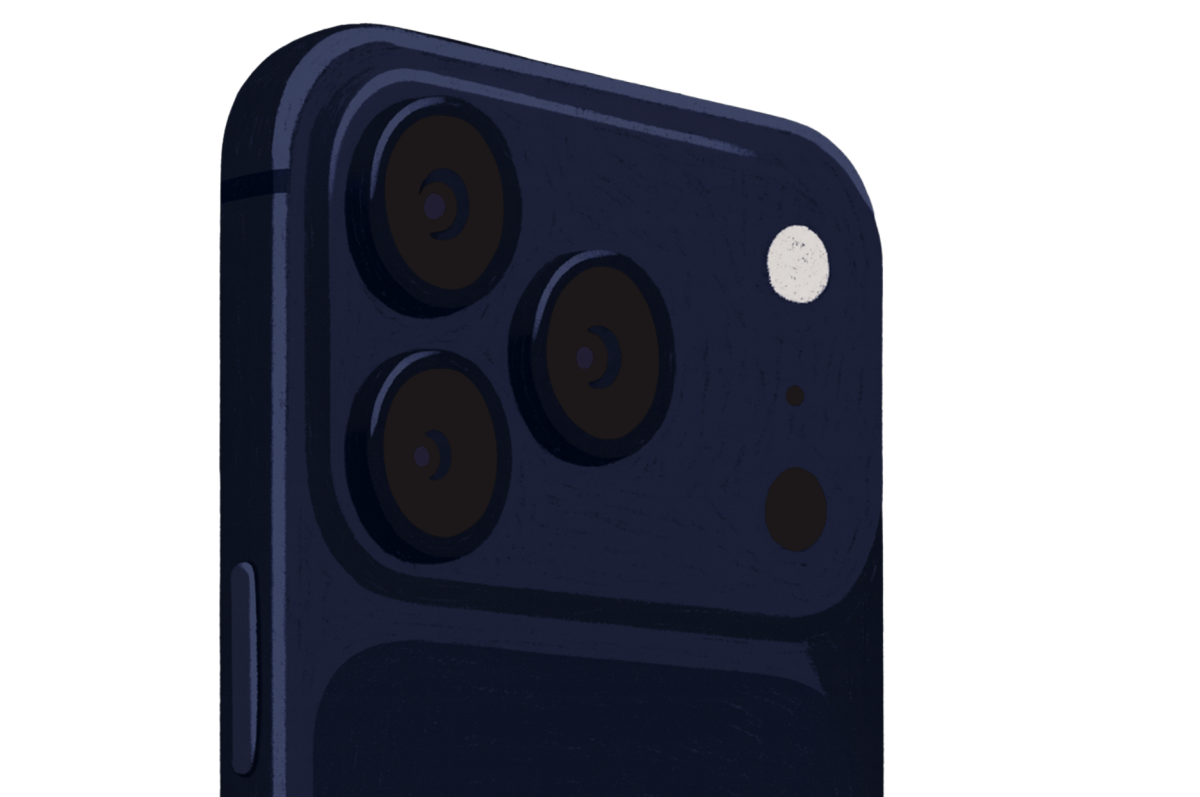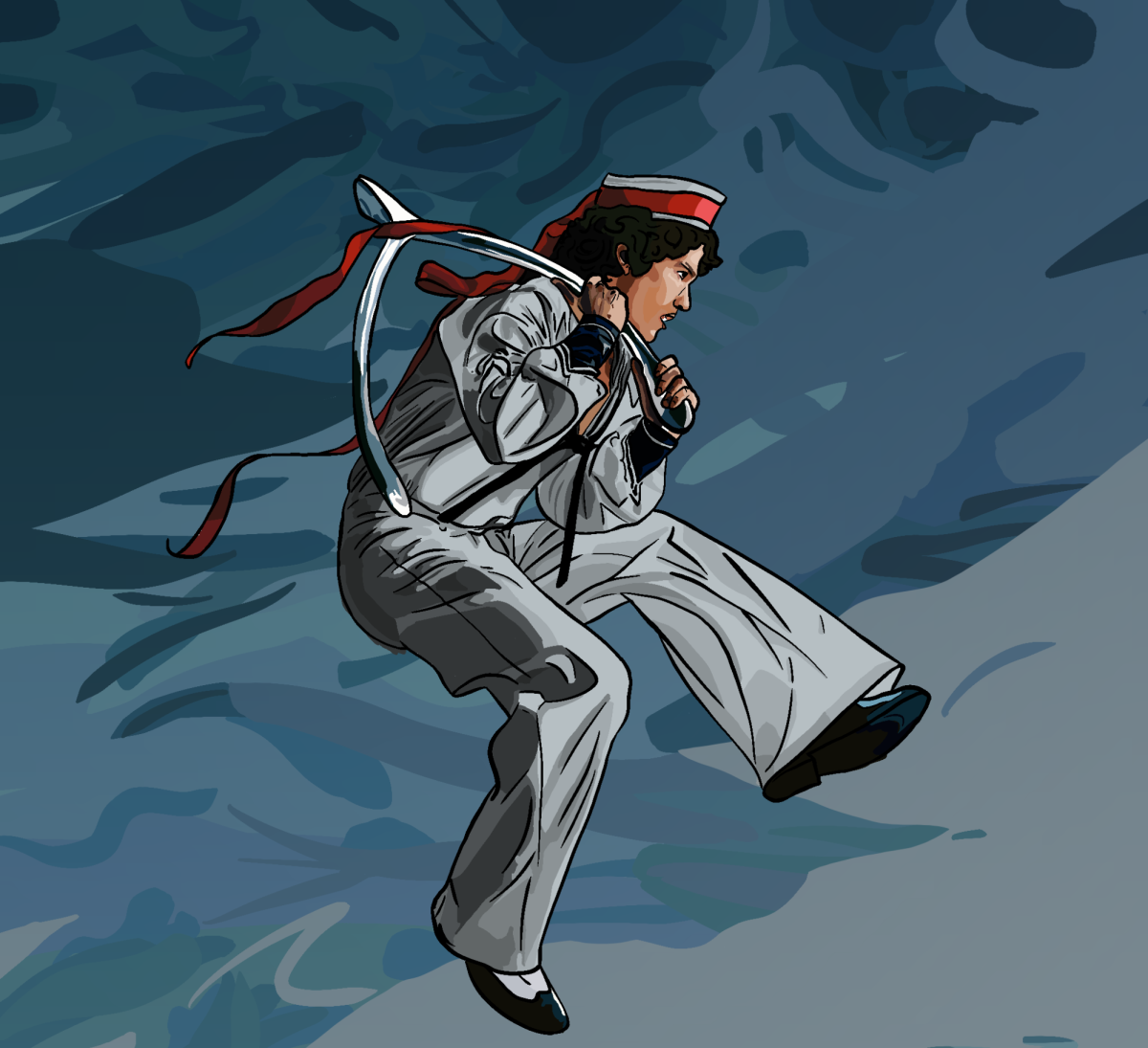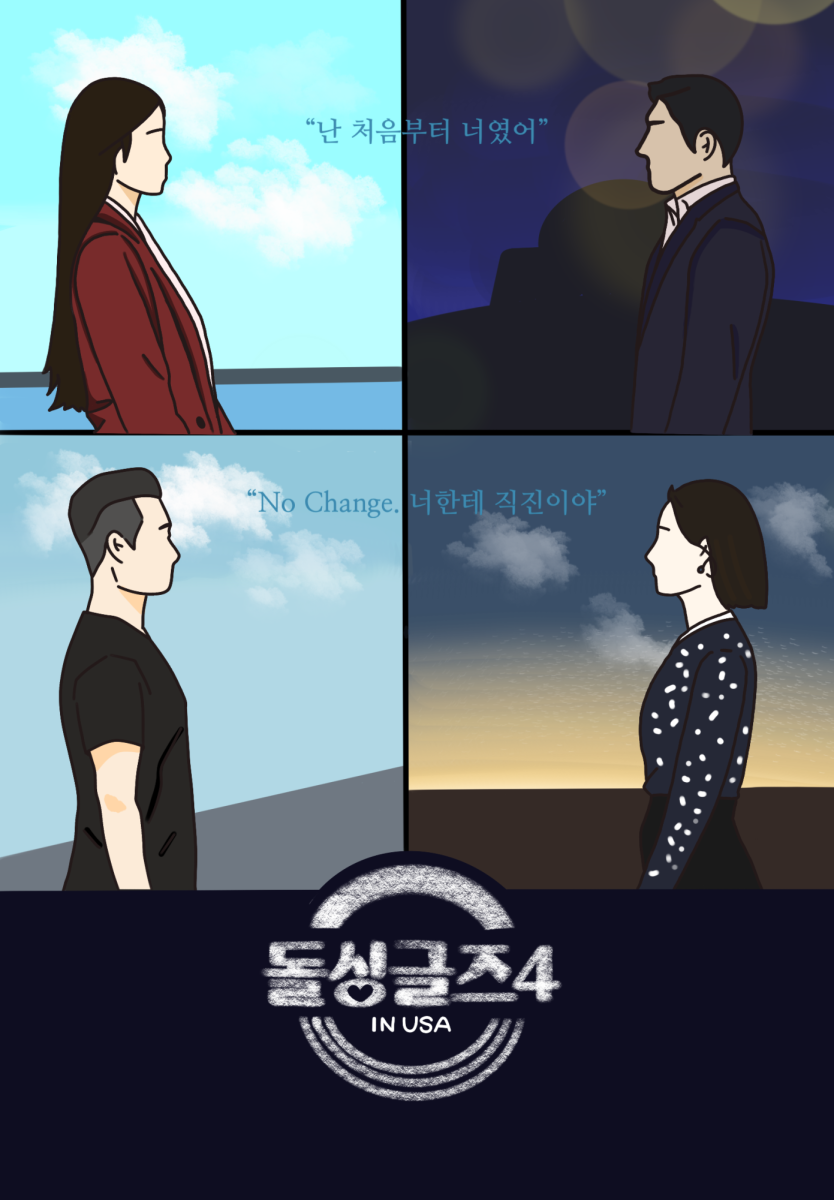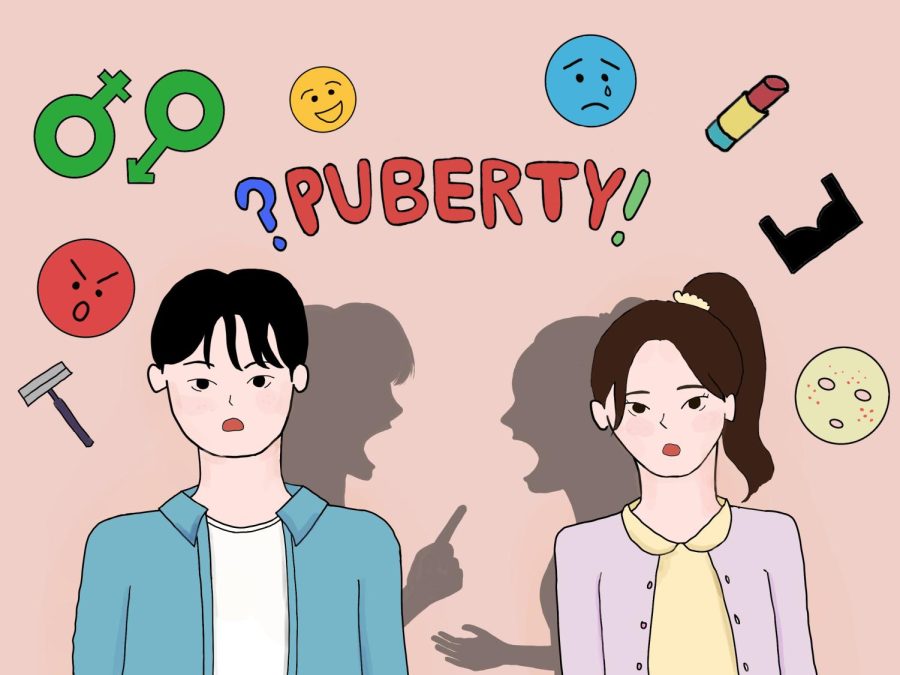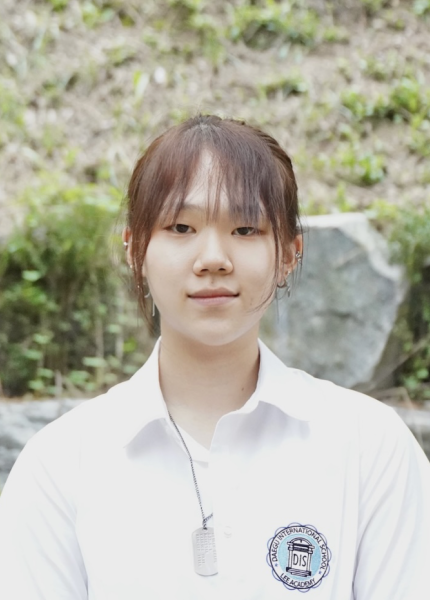Growing Pains: Puberty, Adolescence, and the Mind
Overcoming the Obstacles of Teenage Development
November 13, 2022
From birth through maturity, change is an inevitable part of life. The biological term ‘puberty’ describes a critical period that provides the necessary step towards adulthood, but the starting point of this changing chapter differs from person to person. The physical and psychological developments that follow don’t occur all at once, but slowly over time, with hundreds of hormones responsible for these numerous changes. To teenagers under its influence, the whole process might seem intimidating and out of control, but learning about it can help them cope with the stress.
Hormones are the chemical messengers in our body that command transformation. For example, sex steroids, which are accountable for the distinctions between males and females, stimulate the maturity of secondary sex characteristics – widened hips and menstruation for females and deeper voices and facial hair growth for males.
Through hormonal changes, the organization of our brains alters. “Through puberty, our brains strengthen and fine-tune the connections that allow for mature ways of thinking, feeling, and behaving,” Professor Leah H. Somerville of psychology at Harvard University noted, emphasizing just how much the bodily transition can impact us.
As teens proceed from one stage to another, their behavior becomes more uncontrollable, aggressive, and impulsive. Coming-of-age movies often feature clueless sixteen-year-olds caught drinking and committing vandalism, which isn’t totally fictional. Many teens, even the ones who were known to be calm and well-behaved as children, struggle with the regulations surrounding them, the pressure of growth building up inside them.
Their undeveloped frontal lobe, the part of the brain that controls judgment, can account for much of their unhinged behavior. Adults in their mid-20s have a fully matured frontal lobe, but until then, we are more prone to making irrational choices. This may cause social and emotional problems or conflict with friends and parents. That being the case, proper guidance is crucial during the teenage years, and the lack of it can result in serious consequences and traumatic experiences.
Another huge aspect of our juvenile years includes self-representation and identity formation. Young adolescents scrolling through makeup ads by celebrities is a common sight. Self-esteem starts to have a greater correlation with appearance, with teens becoming more conscious of their surroundings. To establish and maintain relationships in their environment, some girls might start using cosmetics, whilst boys fix their hair and flex their muscles.
As teenagers grow more attached to peers with similar goals and shared interests, they naturally tend to seek independence from their parents, prioritizing friendship over family. This newly employed urge for freedom and responsibility is a sure sign of growth. Still, in the process, adolescents tend to find themselves in conflict with their parents’ ideals and standards, especially regarding household rules or educational decisions.
This parent-child conflict can be intense, sometimes enough to drive teenagers into depression and anxiety. Most times, the disagreement comes from a difference in values: whilst adolescents prioritize freedom, their guardians value safety, thus placing strict curfews and rules. Resolving such clashes in a respectful manner at times requires compromise.
It takes many conversations and a mutual understanding to reach a common ground. To me, it seems that the most important thing adults should understand is that teens are going through a phase of intense internal struggle. Adults’ roles are to guide adolescents to the right path, but also to simply listen and provide a safe space for their children.
Our brains are wired in such an interesting way that the growth of the body and mind complement each other. Our teenage years are often referred to as the golden time of our lives despite all the trouble, so instead of fighting back the hormones, fail, learn, and live.














